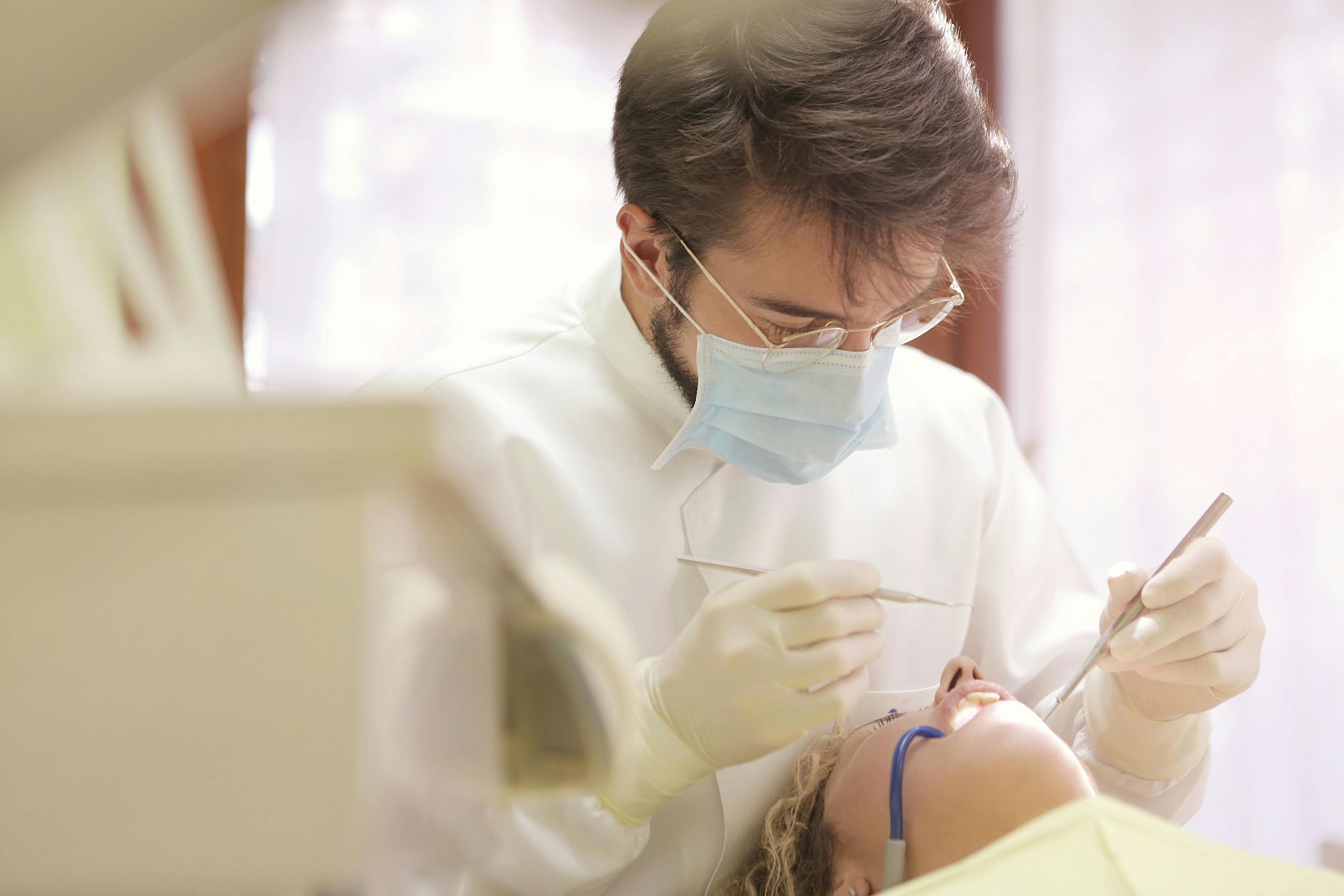Losing teeth can lead to bone loss in the jaw, affecting both your oral health and facial structure over time. Dental implants offer an effective solution to this problem. In this article, we explain how implants can help preserve the jawbone and improve your oral health.
Bone loss: How does it occur?
Bone loss in the jaw happens when the natural stimulation from tooth roots ceases after tooth loss. Normally, chewing and biting stimulate the jawbone through the tooth roots. When a tooth is lost, this stimulation stops, causing the bone tissue to break down, a process called bone resorption. This can weaken the jaw structure and alter facial appearance.
Within months of losing a tooth, the surrounding bone can begin to resorb. This lack of stimulation decreases bone density, affecting the stability of the jaw and causing surrounding teeth to shift. Prolonged bone loss can weaken the jaw, making it more challenging to place implants in the future.
Bone loss: Preventing it with dental implants
Dental implants are artificial roots, typically made of titanium, implanted into the jawbone. They serve as a foundation for replacement teeth such as crowns or bridges. Once placed, the jawbone fuses with the implant in a process called osseointegration, creating a stable and durable base.
Bone loss: Why choose dental implants?
- Dental implants promote jawbone growth and health, similar to natural tooth roots.
- By preventing bone loss, implants help maintain the natural shape of the jaw and face.
- Implants reduce the risk of further tooth shifting and loss.
- They offer a long-term solution compared to bridges and dentures and can last many years with proper care.
Keep your mouth healthy with dental implants!
Dental implants combat bone loss and stimulate jawbone growth. They prevent further shifting or loss of surrounding teeth and offer a durable solution for missing teeth. Implants provide both a functional and aesthetic replacement for missing teeth, ensuring long-term oral health benefits.
Would you like more information or advice on placing dental implants? Contact us. We are happy to help!

